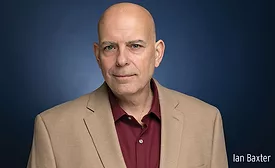Home » information security
Articles Tagged with ''information security''
Metrics and ROI That Matters in 2020 and Beyond
If enterprise security continues to mature as a business function, in most enterprises, senior management will ask for a set of metrics to measure performance.
January 1, 2020
Sign-up to receive top management & result-driven techniques in the industry.
Join over 20,000+ industry leaders who receive our premium content.
SIGN UP TODAY!Copyright ©2026. All Rights Reserved BNP Media.
Design, CMS, Hosting & Web Development :: ePublishing










